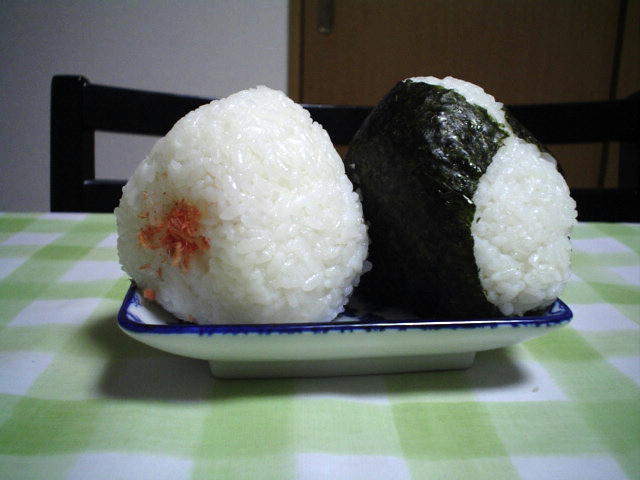There's a Catullus poem that starts out "Suffenus iste," and the English beginning is "that very Suffenus, whom you well know..." The poem itself, number "22" in the Catullus corpus we have today, goes on to say that Suffenus is a cool guy, no really, but he is a terrible poet, and if you were to just read his poetry, you'd think him a "goat-milker" or "ditch-maker." And yet he thinks he rules at writing. The end of the poem is a reflection on how we're all a little bit Suffenus, but each of us is unable to see the flaws he carries around in his backpack:
Nimirum idem omnes fallimur, neque est quisquam
quem non in aliqua re videre Suffenum
possis. Suus cuique attributus est error;
sed non videmus manticae quod tergo est.
Without doubt, we are all decieved the same, nor is there anyone in whom you are not able to see Suffenus. To each is allotted his own error; but we do not see the knapsack, for it is on our backs.quem non in aliqua re videre Suffenum
possis. Suus cuique attributus est error;
sed non videmus manticae quod tergo est.
That, so it follows, is why it's so easy to overlook in ourselves what we can judge in others. We can easily see others' "Suffenus backpacks," and not see our own.
Conversely:
Also when I was in high school, I watched this show called Fruits Basket, an anime of ridiculous cuteness proportions that still reaches me in its way. Roommate has been collecting it in book form for several years now, and we get really excited when the next installment comes out. We have been known to call it "crack for girls (and Dre)" for its addictive properties. The umeboshi conversation is not, I think, actually in the books.
In the show version, the painfully good character Tohru (who is like, everyone's savior or something.. it's sick) notices that two characters constantly at war (cousins Yuki and Kyo) are actually each jealous of the other. She says it's because it is easy for each to see the good qualities of the other, which he envies, but is unable to see his own good qualities. She likens it to the umeboshi in onigiri (riceball), the little plum that is sometimes stuck into the back of it. You can't see your own sweetness because it's stuck in your back, although you can see it in everyone else's.
Last night, our conversation tended toward our enjoyment of seeking and seeing the good in others. In appreciating the shit that sometimes, other people don't really appreciate. Roommate sagely said, "The divine in me loves the divine in them." I smiled my childish smile and said, "Your umeboshi is showing."



of course you love FuruBa, too.
ReplyDeleteof course. i should have known.